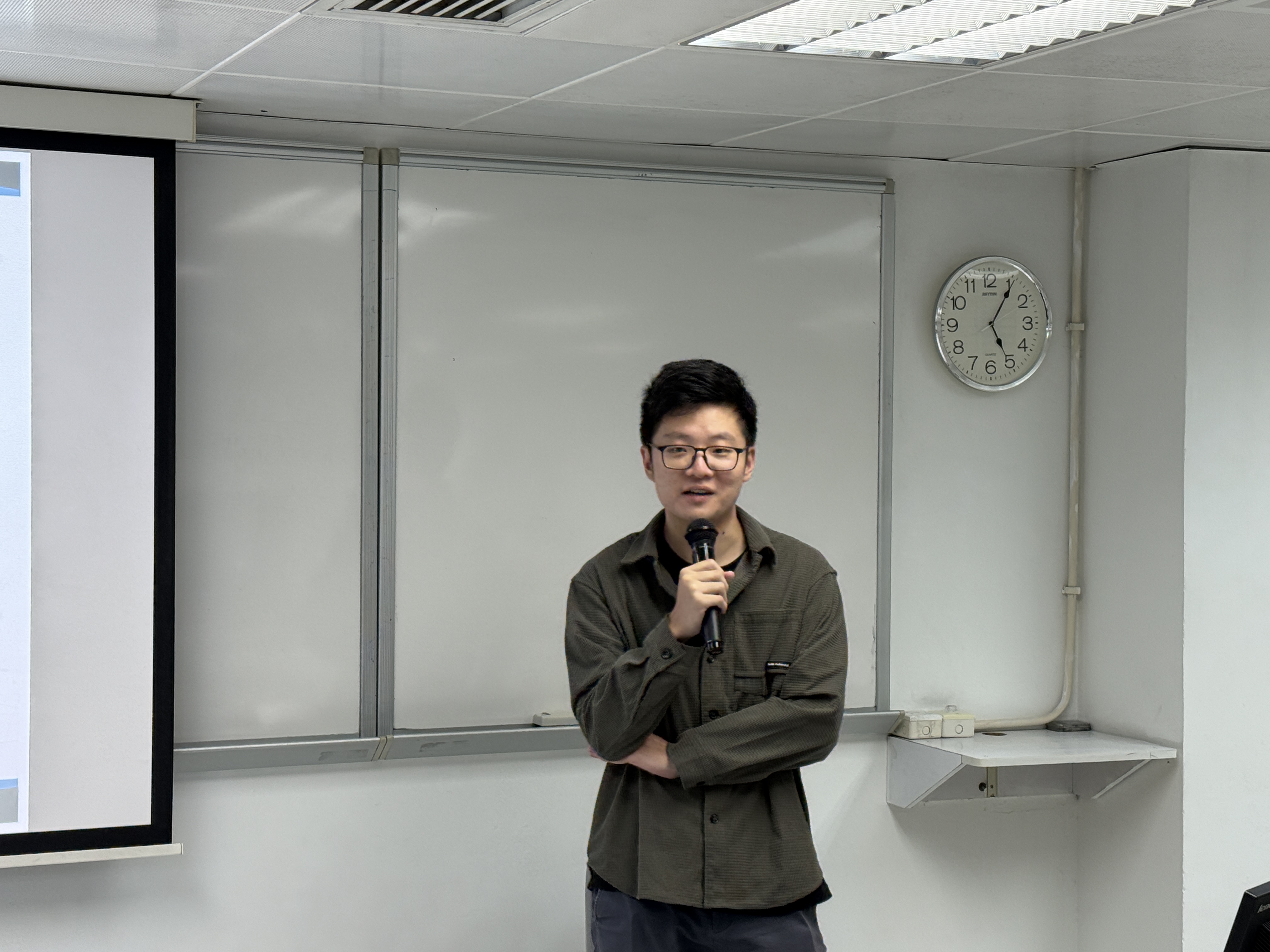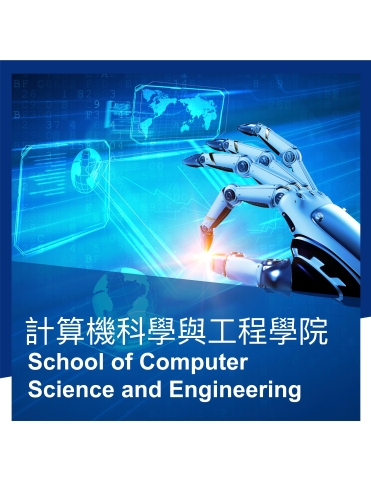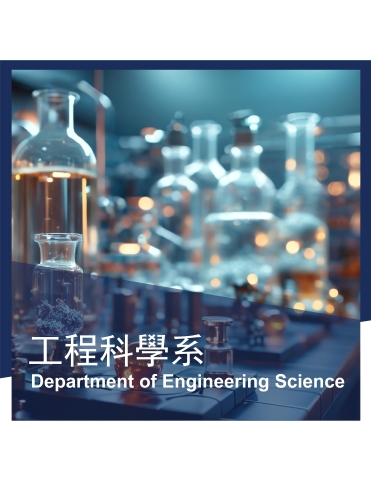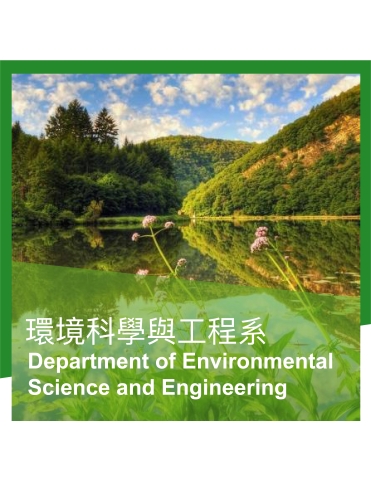-
-
MUST Materials Science Ph.D. Candidate Minglu Bu Awarded "Best Poster Prize" at ICSERS-2025
2025/12/16
-
2025/12/11
-
2025/12/04
-
2025/12/02
-
-

-
The newly established Faculty of Innovation Engineering (FIE) is formed by restructuring the existing strengths in Information Technology, Nanotechnology and Materials Science, Systems and Control, and Environmental Science and Engineering. The Faculty of Innovation Engineering consists of the School of Computer Science and Engineering, Department of Engineering Science, Department of Material Science and Engineering and Department of Environmental Science and Engineering. The FIE also has a structure that facilitates collaboration with the two State Key Laboratories (Chinese Medicine and Space Science) and the Faculty of Medicine. In keeping pace with the fast advancing and diverse disciplines in modern engineering, the program at MUST emphasizes the cultivation of an “Innovation” and inter-disciplinary mindset through a rigorous core foundation program and in-depth cross-disciplinary personalized innovation projects. Students are also exposed to a broader knowledge base including communication, entrepreneurship and design thinking.
We have assembled great talents at MUST to provide the unique program in Innovation Engineering. The brilliant learners, teachers, and staff at the FIE at MUST work in harmony for the innovative undergraduate and graduate programs and create a wonderful place to do science and engineering for the benefit of mankind – and in a world city with deep East-West cultural heritage of over 400 years. You are welcome to explore our Faculty website and find out more about us!

Created on
2022
Students in school
1800+
Courses
17
-
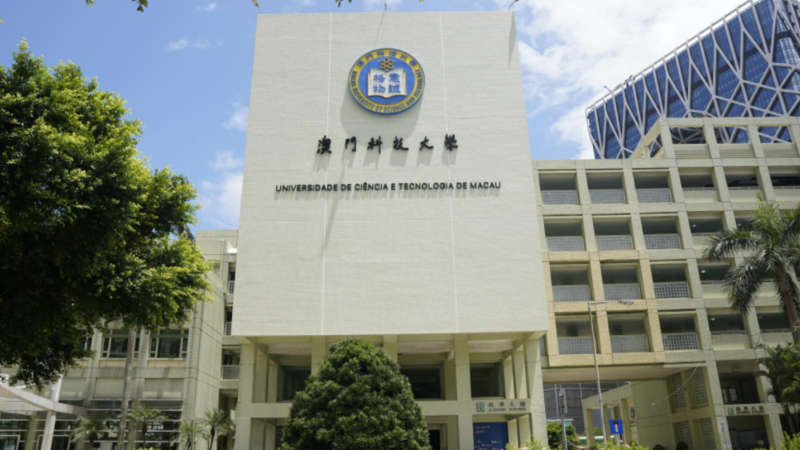
-
Faculty of Innovation Engineering was reorganized based on “Faculty of Information Technology”, one of the first four faculties established in the newly founded Macau University of Science and Technology in 2000. In order to strengthen the engineering disciplines and stipulating more coherent academic planning and development of areas of excellence, the university declared the establishment of Faculty of Innovation Engineering(FIE) on March, 2022. As an interdisciplinary faculty, the Faculty of Innovation Engineering brings together a team of professional teachers from different fields to provide students with comprehensive engineering learning and practice. The faculty has established the School of Computer Science and Engineering, the Department of Engineering Science, the Department of Materials Science and Engineering, the Department of Environmental Science and Engineering, and the Department of Space Science and Technology, covering multiple fields such as electronic engineering, computer science, materials engineering, environmental science, space technology, etc., to meet the learning needs and career development goals of different students. By providing high-quality educational resources and cultivating interdisciplinary capabilities, the Faculty of Innovation Engineering lays a solid foundation for students' academic development and career success.
In the latest release of “Essential Science Indicators (ESI)” in July, 2021, by Clarivate Analytics (former Thomson Reuters), it is revealed that the Computer Science field of M.U.S.T. has for the first time joined the rank of the top 1% among universities and research institutes across the world in the relevant area. Computer Science at MUST is ranked 176- 200 world-wide by the Times Higher Education World University Rankings by Subject in 2024. For Shanghai Ranking’s Global Ranking of Academic Subjects 2023, Computer Science and Engineering at MUST is ranked at 101- 150, and Automation & Control is ranked 51-75. In the 2024 World University Subject Rankings released by U.S. News, the Artificial Intelligence (AI) major of MUST ranks 93 in the world.
-
- Doctor of Philosophy in Advanced Networking
- Doctor of Philosophy in Artificial Intelligence
- Doctor of Philosophy in Mathematics
- Doctor of Philosophy in Science
- Doctor of Philosophy in Networking and Communication
- Doctor of Philosophy in Intelligent Science and Systems
- Doctor of Philosophy in Materials Science and Engineering
- Doctor of Philosophy in Environmental Science and Engineering





